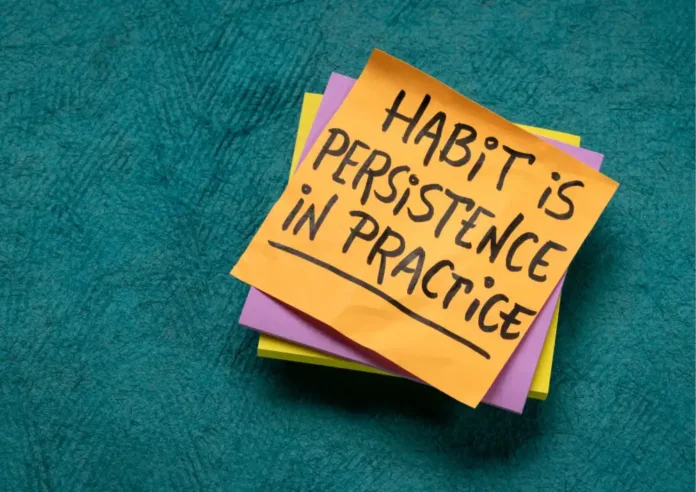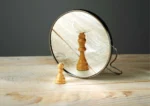Bhavna Toor, Founder & CEO of Shenomics, is an award-winning global leadership consultant and positive psychology practitioner. Her mission is to help women build a bigger impact in the world and support organizations in fostering gender-equitable leadership pipelines. With over 10,000 women trained and mentored, Bhavna has worked with Fortune 500 companies like Google, LinkedIn,…
RELATED ARTICLES
© NewInAsia.com 2025








